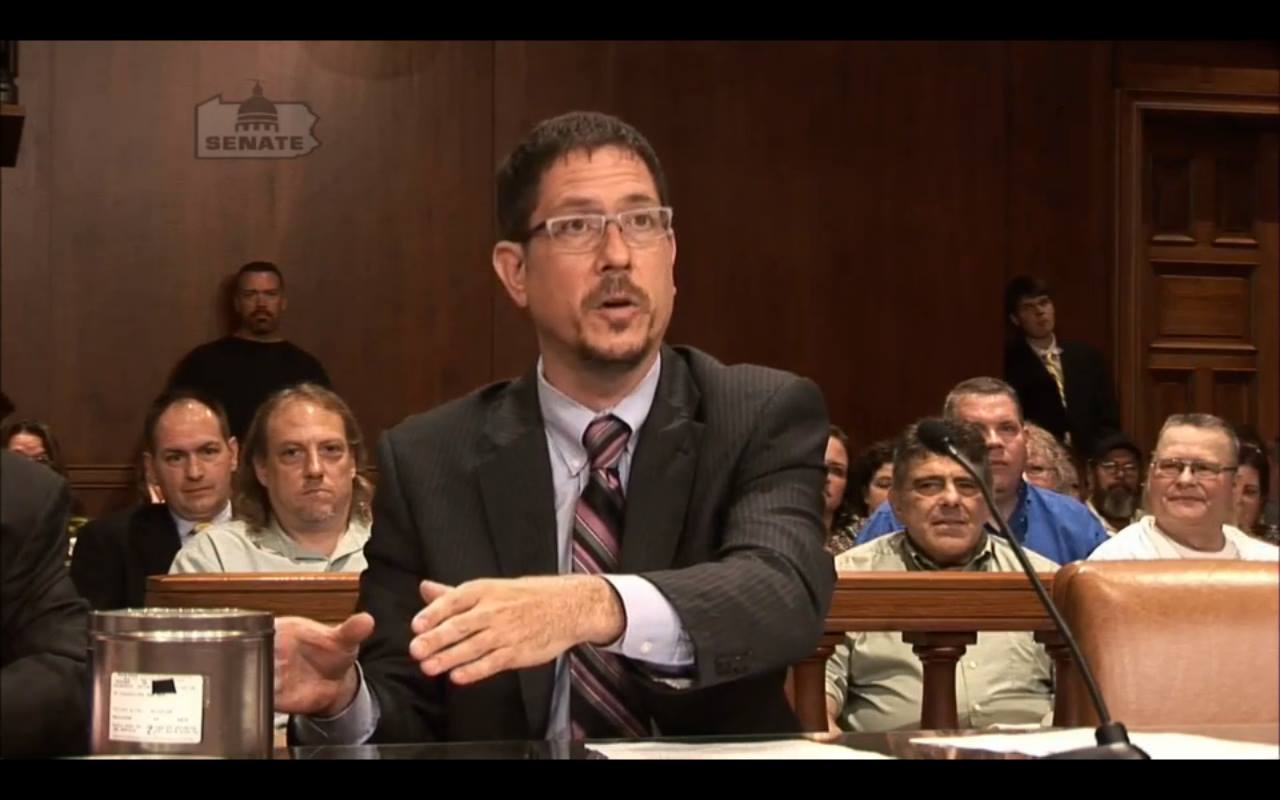Navigating the Complexities of Federal Appeals: A Comprehensive Overview
In the realm of federal allures, the elaborate web of legal treatments and subtleties can commonly show to be a labyrinthine challenge for even the most seasoned lawyers. As cases go across with the appellate procedure, recognizing the details of jurisdiction, crafting engaging appellate briefs, and understanding the art of oral arguments come to be extremely important. These are but a few elements of the multifaceted landscape of federal charms. Exploring the midsts of methods for success on allure calls for a keen eye for information and a strategic technique that surpasses plain legal expertise. As we start this journey through the intricacies of government appeals, it comes to be evident that a comprehensive guide is not simply a helpful resource yet a needed compass in navigating the complex surface of appellate campaigning for.
Federal Appeals Refine Overview

The federal appeals procedure typically begins with the declaring of a notification of appeal within a specified duration following the entrance of the reduced court's judgment. The applicant, or the party seeking the charm, sends a quick outlining the lawful mistakes they believe happened. The appellee, or the opposing event, after that responds with their own quick, presenting counterarguments to support the lower court's decision. Eventually, the appellate court will certainly release a written viewpoint either attesting, turning around, or remanding the reduced court's choice.
Understanding Appellate Territory
Appellate territory describes the authority of an appellate court to assess and determine on situations that have actually been appealed from lower courts. This territory is restricted to assessing mistakes of legislation, not re-trying the truths of the case. Understanding appellate territory is important for both attorneys and litigants navigating the federal appeals procedure.
Federal appellate courts have jurisdiction over specific kinds of cases, such as those involving government legislations, constitutional issues, or disputes between parties from various states. It is essential to note that appellate courts do not hear every allure; they have the discretion to choose which instances to approve based on their criteria.
When appealing a choice to a federal appellate court, it is important to understand the extent of the court's territory. Understanding the limits of appellate territory can help lawyers craft a lot more effective debates and raise the possibilities of an effective appeal (federal appeal attorneys). Additionally, events must understand the step-by-step guidelines and target dates that regulate the appellate procedure to prevent possible mistakes
Crafting Persuasive Appeals Briefs
Creating a compelling allures brief needs a calculated combination of lawful know-how and persuasive interaction abilities. An efficient allures short is not simply an address of facts and lawful debates but a meticulously crafted file designed to convince the appellate court of the merits of your situation. To attain this, it is essential to begin with a concise and clear statement of the legal concerns at hand, complied with by a comprehensive analysis of the pertinent instance law and laws.
Crafting convincing charms briefs likewise requires a keen understanding of the requirement of evaluation appropriate to each issue raised on allure. Bear in mind, the objective of an appeals brief is not just to offer your side of the tale however to convince the appellate court that the reduced court erred in its choice and that your client is qualified to alleviation.
Oral Debates and Court Decorum
Navigating the complexities of oral debates and court etiquette needs a nuanced understanding of lawful decorum and efficient communication methods. When offering dental arguments in federal charms court, lawyers have to abide by stringent policies of conduct. It is vital to deal with the courts professionally, keep a specialist behavior, and stay clear of talking or interrupting over others. Correct court room decorum likewise consists of standing when addressing the judges, referring to them as "Your Honor," and following recognized time limitations for disagreements.
Effective interaction throughout oral arguments is important for conveying your position persuasively. Attorneys ought to be prepared to reply Continued to courts' concerns thoughtfully and concisely, concentrating on vital lawful debates (federal crime lawyer). It is important to stay composed and express, also under pressure. Additionally, keeping eye contact, talking clearly, and organizing debates rationally can enhance your discussion.
Courtroom rules and effective interaction skills can substantially impact the result of appellate cases. By understanding these facets, lawyers can browse oral debates with self-confidence and professionalism and trust, boosting their chances of success in government charms court.
Strategies for Success on Charm
Crafting a calculated and engaging strategy is essential for taking full advantage of the possibilities of success in government charms court. One key strategy is to thoroughly evaluate the trial court record to identify potential errors that might create the basis of an effective allure.

Moreover, when writing appellate briefs, sticking to court guidelines and standards is extremely important. Making sure proper format, accurate citations, and a convincing creating style can aid grab the focus of the appellate courts and strengthen your setting. By using these techniques, plaintiffs can enhance their potential customers of success in government appeals court.
Conclusion
Finally, mastering the complexities of government appeals needs a thorough understanding of appellate jurisdiction, the capability to craft influential charms briefs, and understanding of effective oral disagreement techniques. By navigating the intricacies of the federal appeals procedure with precision and ability, one can enhance their possibilities of success on allure. It is necessary to have a calculated method and be conscious of court etiquette in order to achieve a positive end result in government appellate courts.
